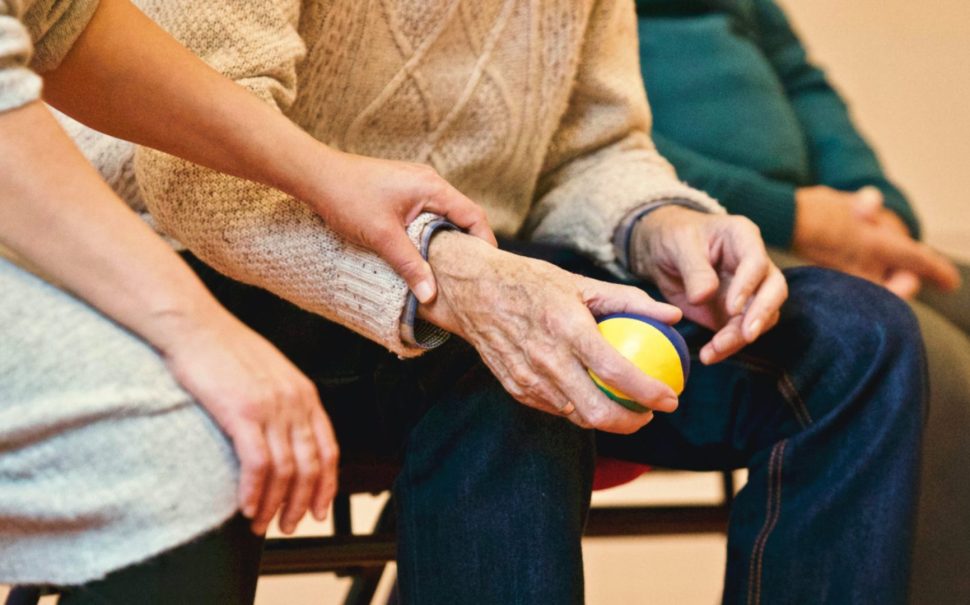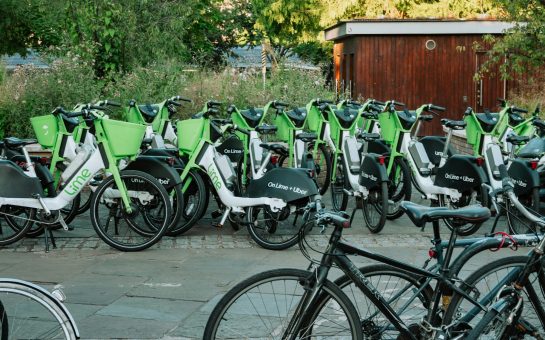Across England, millions of people are providing more unpaid care services for loved ones, families and friends.
This uptake in unpaid care services has led to individuals taking on more hours a week in caring responsibilities with little breaks given to themselves.
The proportion of people who provide more than 50 hours of unpaid care a week in England has increased from 2.7% in 2011 to 2.8% in 2021, according to the Office for National Statistics.
The data showed that in 2021, 1.5million people provided 50 or more hours of unpaid care a week while 552,000 people who provided 35 to 49 hours of unpaid care a week, 483,000 people provided 20 to 34 hours of unpaid care a week and 678,000 people in the UK provided 10 to 19 hours of unpaid care a week.
White & Green Modern Bar Chart Graph by Hemma VisavadiaMike Rich, chief executive at Barnet Carers, who has been working in the voluntary sector for more than 35 years, said: “If you can speak to a lot of carers, they will say they’re, not waving, they’re drowning.”
He explained how as the population ages and has more and more complex needs, the question arises – “Are we living well for longer or are we living longer with multiple complex needs that need that needs support?
“At the moment, the majority of that support comes from informal carers.
“The big question is how we support those carers to make sure that level of support is sustainable.”
Barnet Carers has been providing care in the borough for over 30 years, it is an independent charity based in Finchley, offering advice, information, emotional and practical support for all informal carers who live or work the area.
An unpaid carer can be someone as young as five years old and may look after, give help or support to anyone who has long-term physical or mental ill-health conditions, illness or problems related to old age.
The ONS found that London had the lowest regional proportion of people providing unpaid care serviced a week, yet as the population continues to age and live longer, the need for carers has become more prominent.
Rich said: “In order for caring roles to be sustainable, carers need support, they need support, they also need a break from their caring role.
“Local authorities are under huge pressure, there isn’t a lot of money to go around.
“But if we don’t actually look at funding that support in some way the caring situations, we have at the moment will eventually become non sustainable.”





